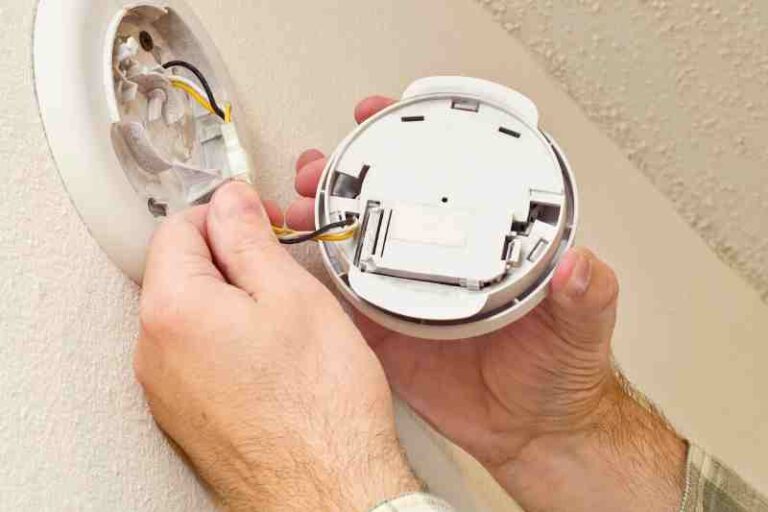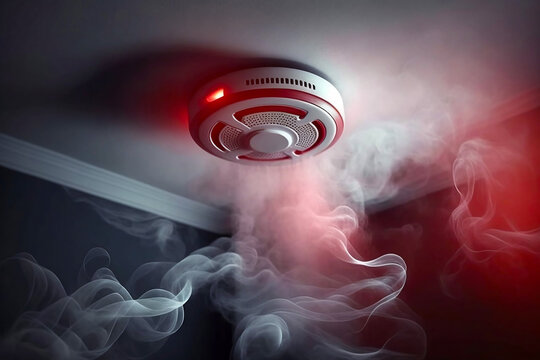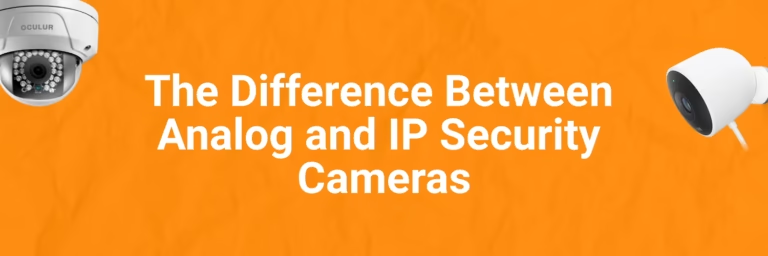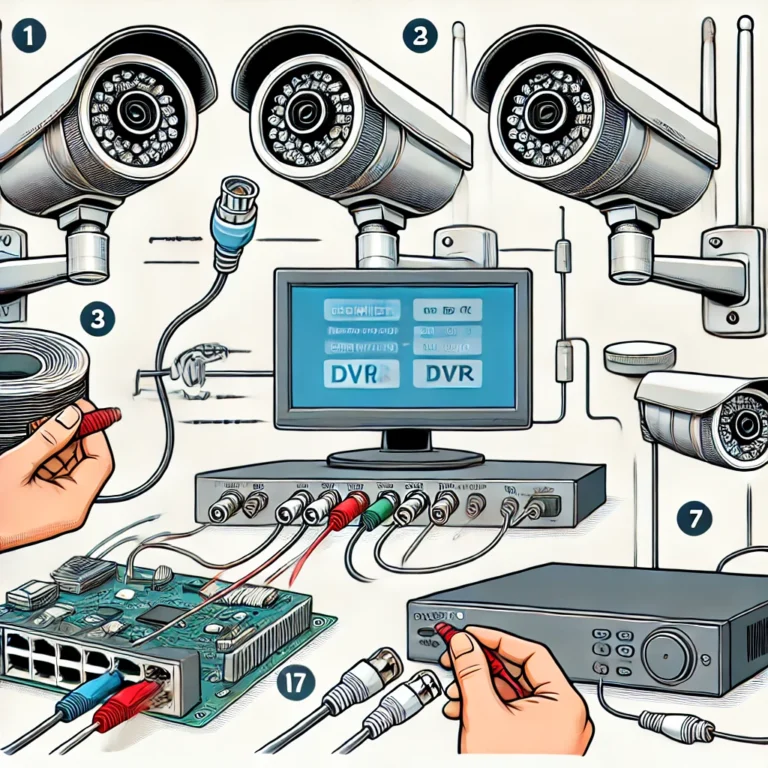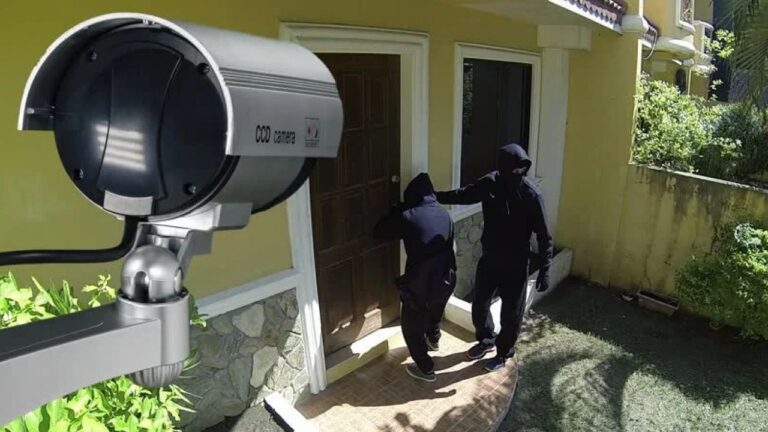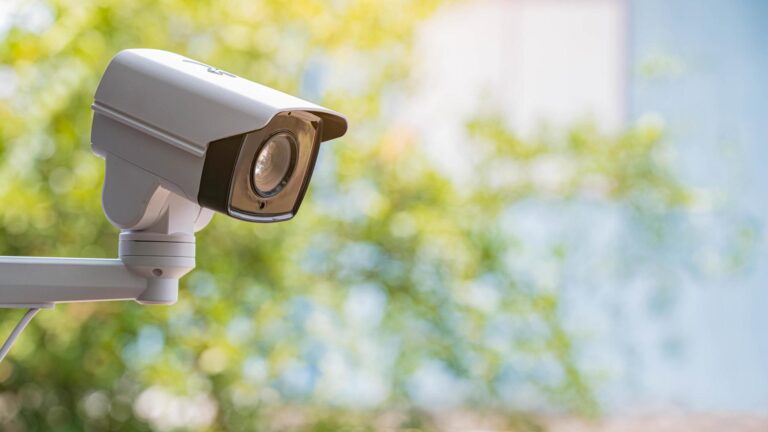How to Choose the Right CCTV Camera for Your Business
Introduction
In today’s world, security is a top priority for every business. Whether you’re running a small store or managing a large corporation, ensuring the safety of your premises, employees, and assets is crucial. One of the most effective ways to enhance security is by installing a reliable CCTV camera system. But with so many options available, how do you choose the right one for your business?
The right CCTV camera system can provide invaluable peace of mind, helping to prevent theft, monitor employee behavior, and record crucial footage in the event of an incident. In this blog, we’ll walk you through the essential factors to consider when selecting the right CCTV camera for your business.
1. Understand Your Security Needs
The first step in selecting the right CCTV camera is understanding the unique security needs of your business.
- What areas do you need to monitor?
Are you focusing on high-traffic areas like entrances, exits, and cash registers? Or do you need surveillance in specific zones, such as parking lots, warehouses, or loading docks? The placement of your cameras will determine the type of camera you need. - What are you trying to prevent?
Different businesses have different security concerns. For example, retail businesses may be more focused on preventing theft, while an office might need surveillance for employee safety. Understanding the primary threats will help you decide on the camera features you require. - Do you need 24/7 monitoring?
Some businesses require constant surveillance, while others only need cameras during non-working hours. If your business needs round-the-clock monitoring, you’ll need cameras that can handle continuous recording or motion-triggered recording efficiently.
2. Resolution and Image Quality
The quality of the images captured by your CCTV system is essential for identifying criminals or recording critical details. When choosing a camera, the resolution and image quality are paramount.
- Resolution: A minimum of 1080p HD resolution is recommended for most businesses. This provides clear enough footage to identify faces, license plates, and other crucial details. Higher resolutions such as 4K can be beneficial for large areas or when you need detailed footage for security purposes.
- Image clarity: Make sure to choose cameras that offer excellent image clarity, especially in challenging environments, such as low-light or high-contrast areas.
3. Wired vs. Wireless CCTV
One of the most important decisions you’ll need to make is whether to go with a wired or wireless CCTV system.
- Wired Systems:
Wired CCTV cameras tend to be more reliable and secure, as they don’t rely on Wi-Fi or other wireless networks. They are often ideal for large, stationary setups, ensuring stable connections and consistent video quality. - Wireless Systems:
Wireless CCTV systems are easier to install, making them ideal for small businesses or places that require flexibility in installation. However, wireless cameras can be prone to interference and might require frequent maintenance.
Consider your business’s needs in terms of installation and flexibility when choosing between the two.
4. Night Vision and Low Light Performance
Not all surveillance happens during the day. To ensure that your CCTV system works 24/7, you’ll need to select cameras with night vision and excellent low-light performance.
- Infrared Night Vision:
Cameras with infrared LEDs allow for clear visibility even in complete darkness. This is particularly important for outdoor areas, parking lots, or warehouses that are accessed after hours. - Low Light Cameras:
If you don’t want the grainy footage that comes with traditional night vision, look for cameras designed to perform well in low-light conditions while capturing color footage.
5. Motion Detection and Alerts
CCTV systems with motion detection capabilities help you save storage space and reduce the need for continuous recording. These cameras only begin recording when motion is detected, ensuring that you capture only the relevant footage.
- Motion sensors and alerts:
Many modern CCTV systems allow you to set up alerts, sending you notifications via email or mobile apps when suspicious activity is detected. This feature allows business owners to respond immediately to incidents, even when they’re away from the premises.
6. Storage and Cloud Backup Options
A critical factor to consider when setting up your CCTV system is how you will store the footage.
- Local Storage (DVR/NVR):
Digital Video Recorders (DVR) or Network Video Recorders (NVR) are often used for local storage. These systems store footage on hard drives or other physical media. They are great for businesses that want to have full control over their recordings, but they require sufficient space and maintenance. - Cloud Storage:
Cloud storage offers more flexibility and offsite backup in case of a disaster or system failure. Many modern CCTV systems offer cloud storage options, which allow you to access footage remotely from any device with an internet connection. However, cloud storage usually involves ongoing subscription fees.
7. Budget and Cost-Effectiveness
When choosing a CCTV system for your business, it’s essential to balance your budget with the features you need. High-quality cameras often come at a higher initial cost, but they can provide better resolution, durability, and advanced features like night vision, motion detection, and remote access.
While it’s tempting to go with the most affordable option, remember that cheaper cameras might not deliver the same level of performance and could result in higher maintenance costs in the long run. Investing in a higher-quality system upfront can save you money over time and offer better security.
8. Integration with Other Security Systems
Finally, consider whether your CCTV cameras can integrate with other security systems such as alarm systems, access control, or video door phones. Having an integrated security solution allows you to manage everything from one central platform, making it easier to respond to incidents and maintain overall security.
Conclusion
Choosing the right CCTV camera for your business is a crucial decision that can significantly impact your security and peace of mind. By considering factors like your security needs, camera resolution, installation type, storage options, and budget, you can make an informed decision that meets the unique needs of your business.
If you’re still unsure about which CCTV system is right for you, don’t hesitate to consult with a professional. A security expert can help you select the best solution based on your requirements and provide installation and maintenance support.
Get in touch today for a personalized security consultation and let us help you safeguard your business!


